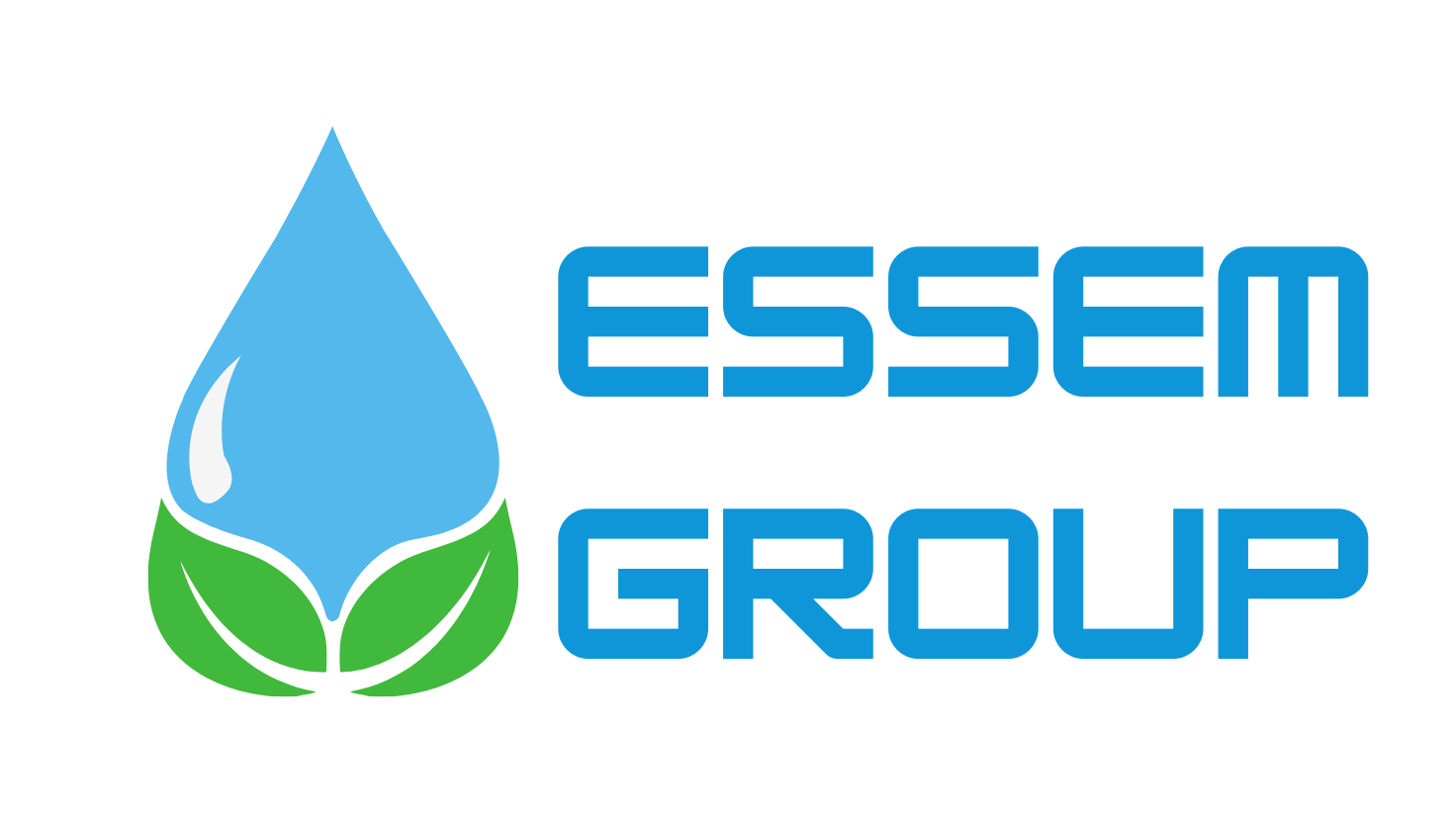
Essem Group
The Essem Group was established in 2000 and has a well- appointed office, Water analysis laboratory and Warehousing facility at Panaji, North Goa.
The Group has two Division: Essem Enterprises & Essem Technologies
- Essem Enterprises: Essem Enterprises is the Authorised Distributor of Specialty Chemicals used in Industrial Water Treatment. We represent reputed Multinational Organizations viz: Vasu Chemicals LLP, Nissan Specialty Chemicals and Solenis Chemicals. We provide Industrial Water Treatment Chemicals, Services and Solutions.
- Essem Technologies : Specializes in providing a range of services in the Water Hygiene domain including Legionella Management.


At Essem Group, our strength lies in our people. Every member of our team—whether leading strategy or working on-site—shares the same vision, ethics, and dedication that form the foundation of our organization.
With over two decades of experience across our senior leadership, we understand the diverse and evolving needs of our clients. Our collective expertise enables us to deliver innovative, reliable, and sustainable water treatment solutions with confidence and care.
From the boardroom to the field, our team is united by passion, professionalism, and a commitment to excellence.

Based in Caranzalem, Goa, our core leadership and operational team include:
Mr. Mahesh Prabhu ( B.E, MS )
Chief Executive Officer & Head of Sales
Provides strategic direction and drives business growth with a client-centric approach.
Ms. Shabari Prabhu ( B.E , MBA)
Head of Finance & Administration
Oversees financial planning and administrative efficiency with precision and integrity.
Mr. Behram Postwala (B.E)
Head of Technical Services
Leads technical operations and ensures the highest standards in solution delivery.
Mr. Nityanand Kamat ( B.Sc)
Manager, Sales & Service
Focuses on client relationships and service excellence in every engagement.
Ms. Shanthi Kamat (M.Sc)
Manager, Laboratory Services
Manages analytical services and quality assurance for water treatment programs.
Ms. Anisha Bhomkar (B.com)
Executive, Finance & Administration
Supports finance and administration with efficiency and attention to detail.
Mr. Santosh Sawant
Executive, Logistics & Warehousing
Ensures timely delivery and supply chain coordination for seamless operations.
Our Services
Industrial Water Treatment Services
Effective industrial water treatment is essential for maintaining the efficiency and longevity of various systems, including cooling towers, boilers, and hot water systems.roper treatment processes help prevent issues such as corrosion, scaling, and biological growth, ensuring optimal performance.
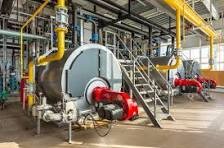
Boiler Water Treatment
Boiler Water Treatment
Boilers play a critical role in generating steam for electricity production and various industrial applications. Effective boiler water treatment is vital to prevent common issues such as corrosion, scaling, and carryover, which can impair efficiency and safety. The components of a robust boiler water treatment program include:
- Oxygen Scavenging: adding chemicals to remove dissolved oxygen, thereby preventing corrosion and tube failures.
- Deposit Control: utilizing deposit control agents to inhibit the formation of scale and sludge, ensuring clean heat transfer surfaces.
- pH and Alkalinity Management: maintaining appropriate pH and alkalinity levels to prevent corrosion and stabilize water chemistry.
- Condensate Line Protection: applying neutralizing amines to protect condensate lines from acidic corrosion. Implementing these treatment strategies helps in achieving consistent steam production, enhancing heat transfer efficiency, and prolonging boiler lifespan.
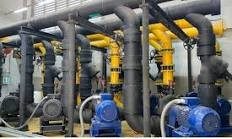
Chilled Water Treatment
Chilled Water Treatment
Chilled water systems are widely used in HVAC applications and industrial processes to provide cooling. These systems can experience issues such as corrosion, scaling, and microbial growth, which can compromise efficiency and system integrity. Comprehensive chilled water treatment program includes:
- Corrosion Inhibition: applying inhibitors to protect metal surfaces from corrosion.
- Scale Control: Using scale inhibitors to prevent mineral deposits.
- Microbial Control: employing biocides to manage bacterial growth.
- System Monitoring: regular testing of water quality parameters to ensure treatment efficacy. Implementing these measures helps maintain system efficiency, reduces energy consumption, and extends the lifespan of equipment.
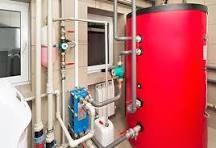
Hot Water Treatment
Hot Water Treatment
Hot water systems are subject to Corrosion owing to dissolved oxygen attack on pipelines. Hot water systems are susceptible to pathogen proliferation, which can pose health risks. Hot-water treatment is an effective method to eradicate or significantly reduce the level of pathogens. This process involves exposing seeds or systems to controlled hot water temperatures for a specific duration, effectively eliminating harmful organisms without the use of chemicals. Regular monitoring and maintenance of hot water systems are essential to ensure the effectiveness of the treatment and the safety of the water supply.

Swimming Pool Water Treatment
Swimming Pool Water Treatment
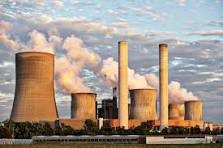
Cooling Water Treatment
Cooling Water Treatment
Cooling towers are integral components in industrial processes and power generation, designed to dissipate excess heat by facilitating the evaporation of a portion of the water. This process effectively reduces the temperature of the remaining water, allowing it to be recirculated and reused within the system. However, the continuous operation of cooling towers can lead to challenges such as scaling, corrosion, and biological fouling, which can compromise efficiency and system longevity. Implementing a comprehensive water treatment program is essential to address these challenges. Such a program typically includes:
- Scale Inhibition: Utilizing chemical inhibitors to prevent the formation of mineral deposits on heat exchange surfaces, thereby maintaining efficient heat transfer.
- Corrosion Control: employing corrosion inhibitors to protect metal components from oxidative damage, extending equipment lifespan.
- Biological Control: applying biocides to manage microbial growth, which can lead to biofouling and reduced system performance. Legionella Bacteria control by utilizing a combination of high performance micro-biocides dosed at defined intervals is one of the key performance metrics of a robust C.W.T programme.
- System Monitoring: regularly testing water quality parameters to ensure treatment efficacy and make necessary adjustments. By implementing these strategies, industries can maintain optimal cooling tower performance, reduce operational costs, and extend equipment life.

V-Sense Automation
V-Sense Automation
V-Sense Automation offers advanced solutions for the remote monitoring and control of various water treatment systems, including cooling towers, boilers, and swimming pools, Integrating sensors, controllers, and communication devices, V-Sense enables users to manage operations efficiently and effectively.
Benefits of V-Sense Automation
- Enhanced Accuracy: precise control of parameters ensures optimal system performance.
- Improved Chemical Dosing: automated dosing reduces chemical consumption and minimizes human errors.
- Remote Operations: allows for system monitoring and control from any location, providing flexibility and convenience.
- Data Logging: continuous recording of system data aids in troubleshooting and performance analysis.
- Resource Savings: optimises the use of energy, water, and chemicals, leading to cost savings.
Consulting Water Hygiene Services
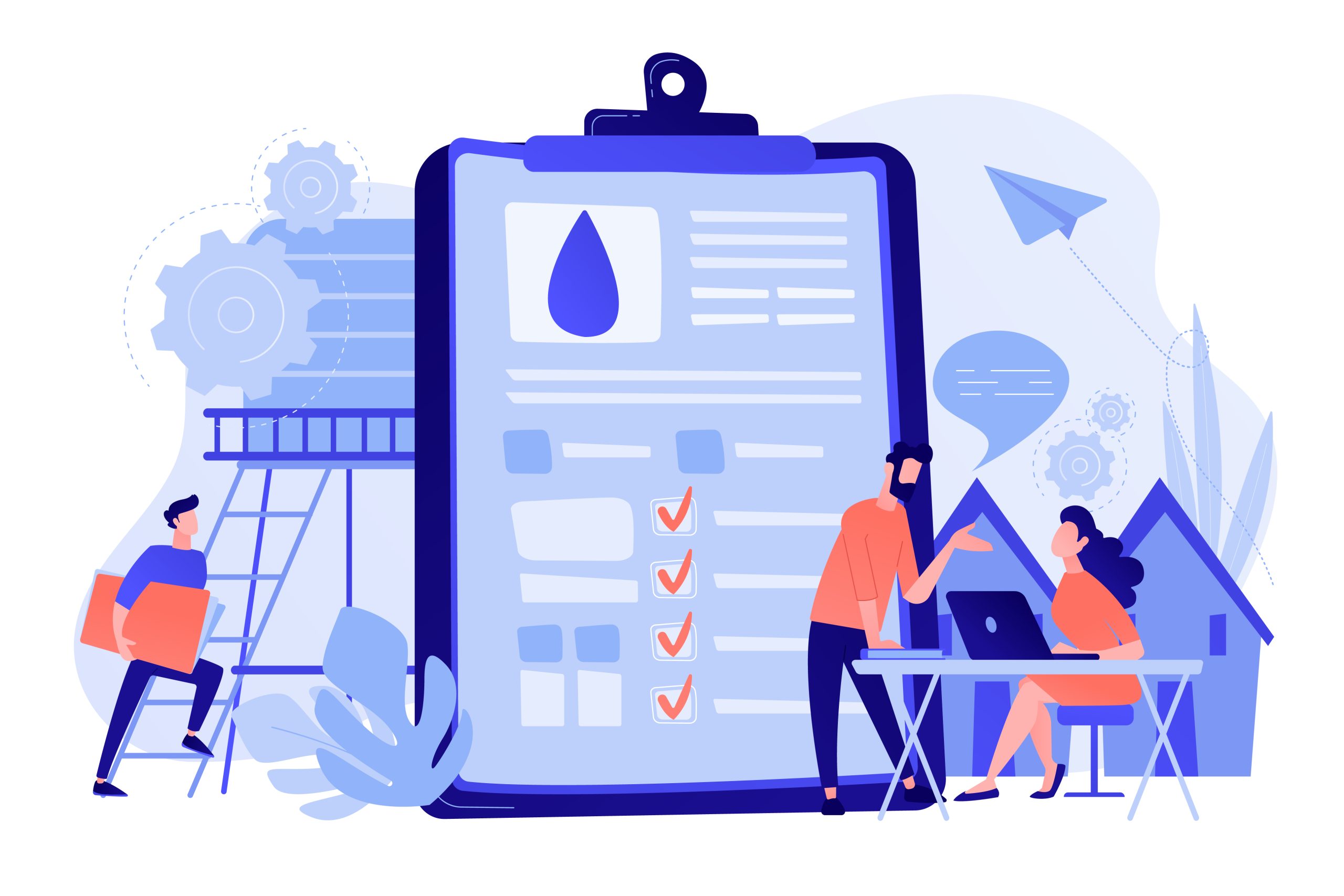
Staff Training & Certification
Staff Training & Certification
Legionella Awareness Course Overview
Our Legionella Awareness Training is designed for individuals who are not directly responsible for the operation and maintenance of water systems but still need a fundamental understanding of Legionella risks and how to minimize them. In just 60 minutes, participants will gain valuable insights into Legionella bacteria, learn to recognize warning signs, and understand the necessary precautions to protect their organization. This course provides essential knowledge and practical tools to ensure a safe and healthy environment. The training is particularly beneficial for those in hotel services, caretaking/janitorial roles, and building or departmental staff, offering a comprehensive understanding of Legionella risks and effective mitigation strategies. Don’t let inadequate management or lack of awareness contribute to Legionnaires’ disease outbreaks!Course Topics Include:
- An introduction to Legionella bacteria – its history and recent cases.
- Key factors that promote Legionella growth in water systems.
- An overview of relevant laws, regulations, and industry guidance.
- Roles and responsibilities of those involved in water system management.
- Effective control strategies to minimize Legionella growth.
- Operational checks to ensure control measures are effective.
- Identifying and managing infrequently used water outlets.

Risk Assessment
Risk Assesment
Legionella Risk Assessments are crucial for protecting individuals from the hazards associated with Legionella bacteria. Through proper training and routine water risk assessments, organizations can significantly reduce the risk of a Legionnaires’ disease outbreak on their premises.
Essem Tech is a trusted leader in water safety consultancy services.
Our Legionella Risk Assessments are conducted with expertise, professionalism, and impartiality, ensuring the highest standards for our clients.
Clients can have complete confidence in our assessments, which are more detailed and consistent than ever. This is achieved through rigorous standards, ongoing training, and continuous auditing of our risk assessors.
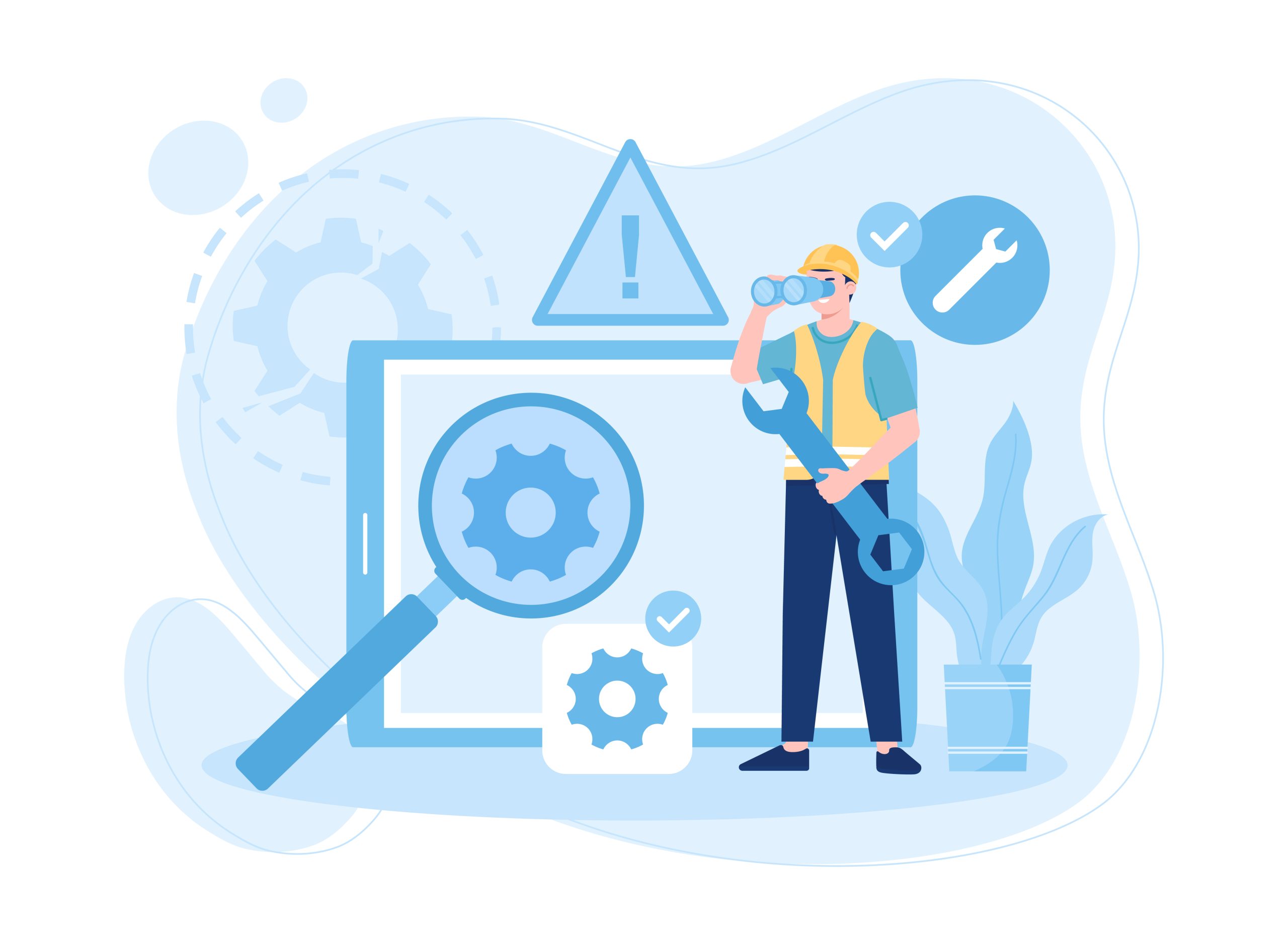
Schematics
Schematics
A key recommendation from the HSE, schematic drawings play an essential role in your water hygiene management program.
The code mandates that a written control scheme must include:
“…up-to-date schematic plan showing the layout of the system(s) and its location within and around the premises – this should identify piping routes, storage, and header tanks, calorifiers, and relevant items of plant, especially water softeners, filters, strainers, pumps, and all water outlets”.
Schematic drawings are a critical component of any water hygiene control system, specifically recommended in Health & Safety Executive guidance. They are vital for effectively managing Legionella bacteria in water systems. The necessity and level of detail in these schematics depend on risk—higher-risk systems require clearer and more detailed schematic representations.

Water Safety Audit
Water Safety Audit
- Our water hygiene audit thoroughly evaluates and verifies your existing management systems, covering key areas such as:
- Appointment of Responsible Persons and relevant staff.
- Defined roles, responsibilities, and communication channels.
- Compliance through risk assessment and reassessment.
- Review of policies, procedures, and associated records.
- Execution of necessary remedial actions.
- Documentation of system monitoring and performance.
- Staff training and competency development.

Water Safety Plans
Water Safety Plans
‘Water Safety Plan [WSP], defined in BS8680 as…strategic plan which defines and documents the arrangements that are required for the safe use and management of all water systems together with all associated systems and equipment within each building or estate to prevent harm arising from all forms of exposure’
The scope and content of a Water Safety Plan (WSP) will vary based on the type and size of your organization. The first step in developing a WSP is to identify and assess water-related risks, whether within a single building or across an entire estate. Establishing this baseline allows for the creation of structured processes and appropriate management arrangements to ensure the safe use and maintenance of water systems and associated equipment.
When assessing water-related risks, it is essential to consider biological, chemical, physical, and radiological factors, along with the susceptibility of the exposed population. For instance, a ‘physical’ risk associated with hot water is scalding, with vulnerable groups including young children, the elderly, and individuals with sensory impairments. A ‘chemical’ risk may involve the use of supplementary control strategies, requiring careful evaluation of the treatment products used and their suitability for the specific processes within the building.
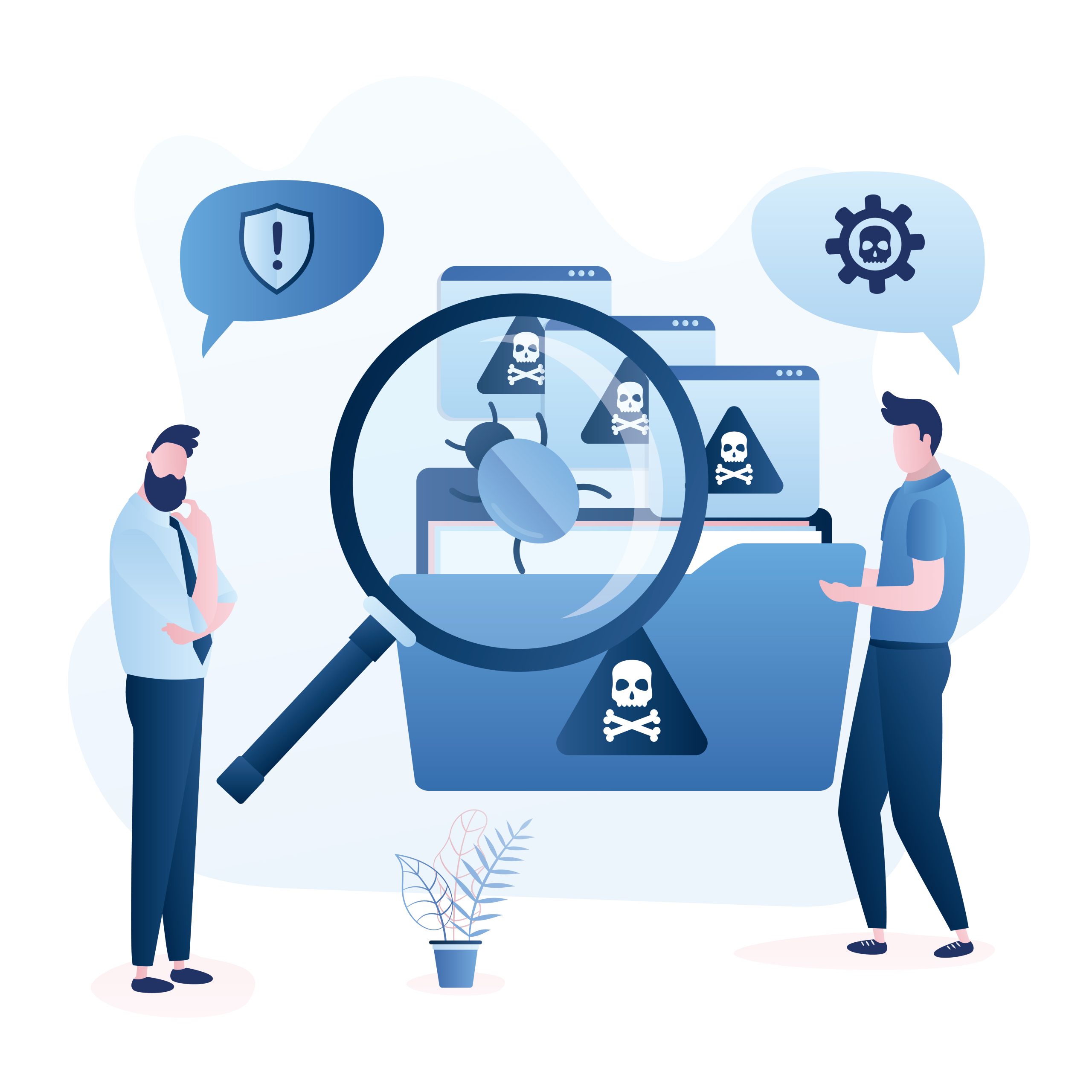
Incident Investigation
Expert witness , Defense, Rebuttals.
Incident Investigation: Expert Witness, Defense , Rebuttals etc.
- Ensuring high design quality.
- Effective management of design risks.
- Addressing non-health and safety risks in design, including the use of innovative components, long lead-time materials, and non-standard elements.
- Coordinating design processes effectively.
- Ensuring compliance with the project specification, with amendments if required.
- Adhering to procedures outlined in the project execution plan, modifying them as needed.
- Meeting relevant legislation, regulations (especially building regulations), guidance documents (e.g., ACoP L8, HTMs), British Standards, and industry-recognized guidelines such as ASHRAE 188.
Our Clients
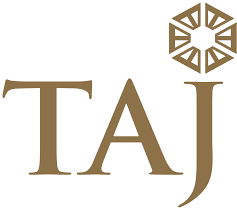

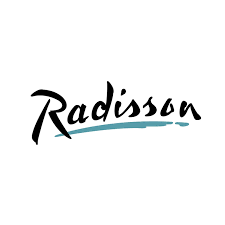
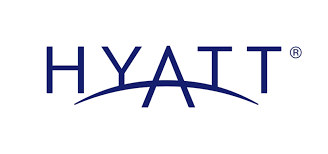

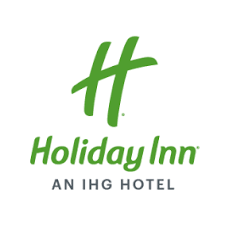

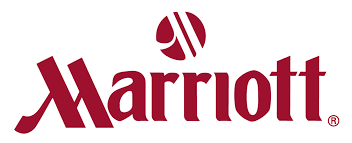
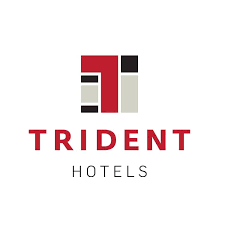
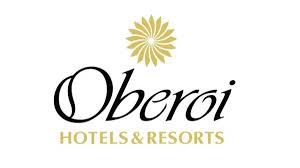






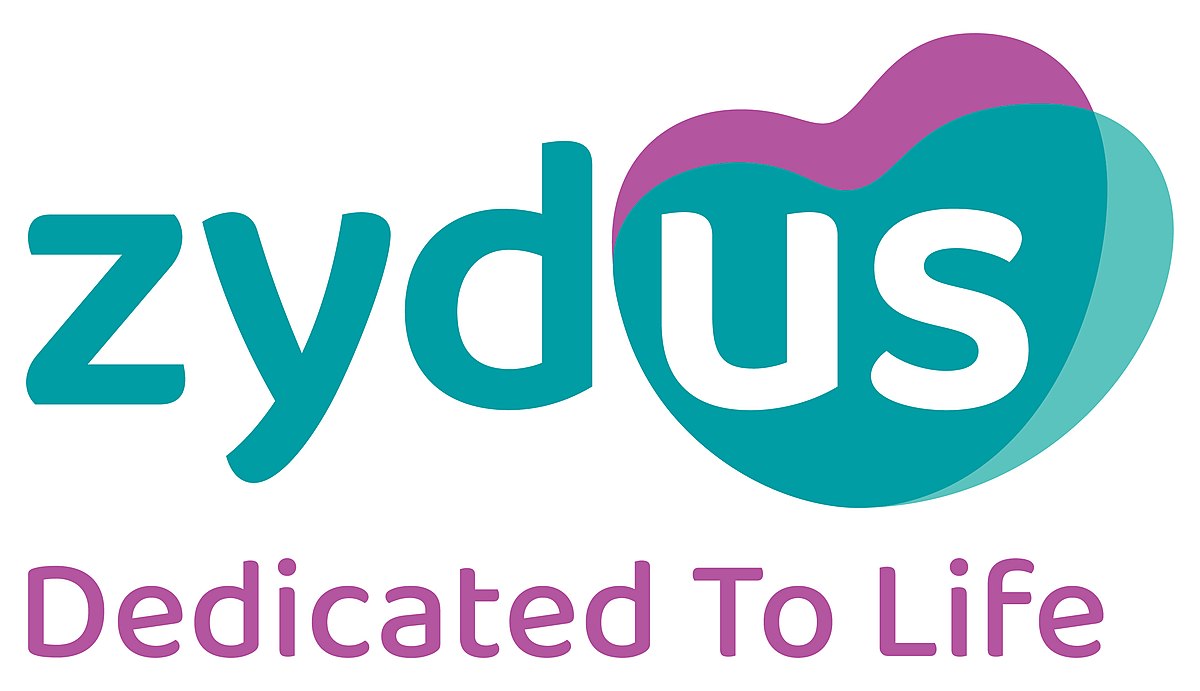
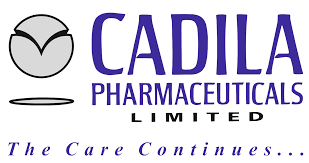

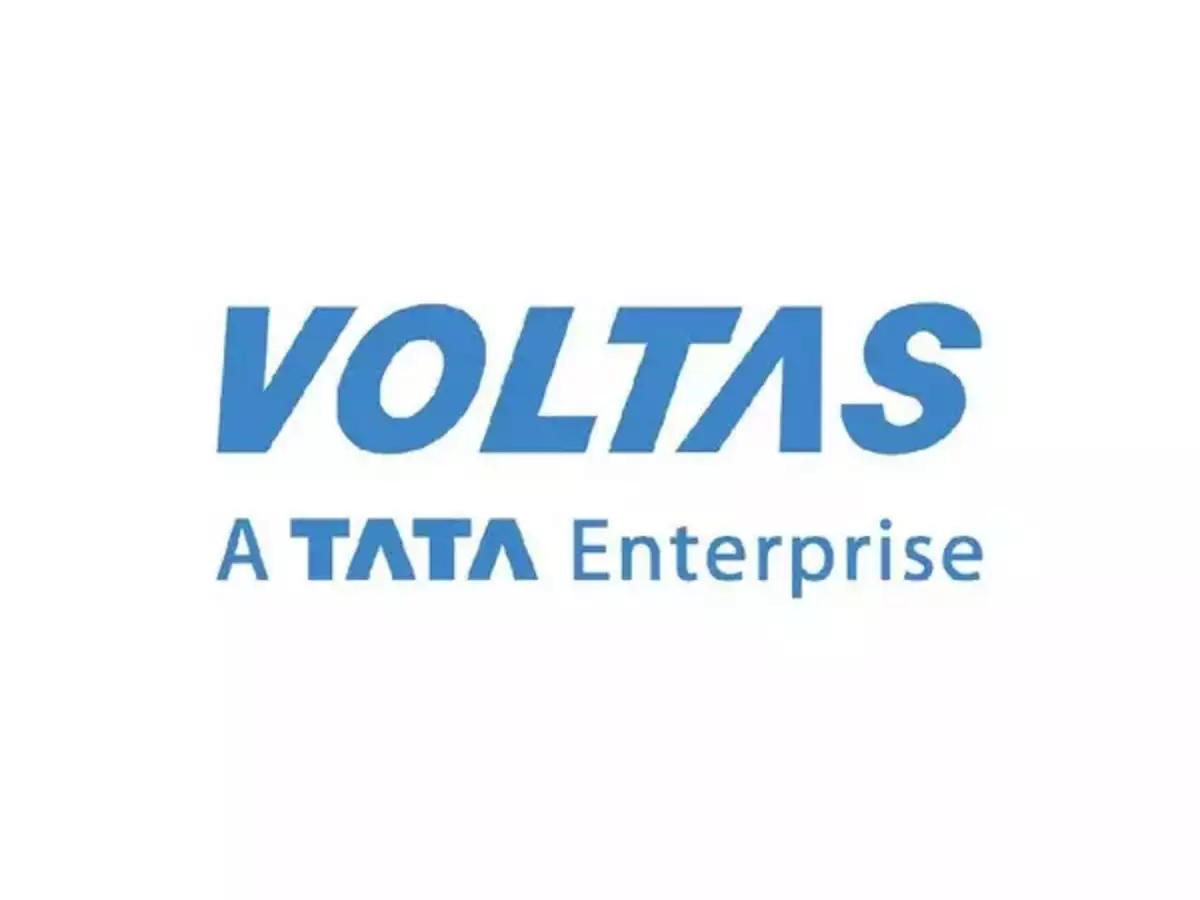

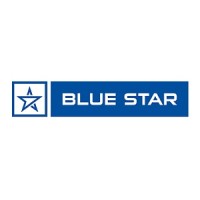
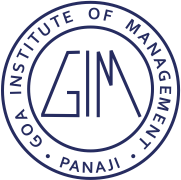



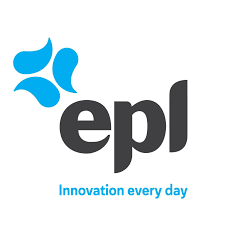
Testimonials
Apparently we had reached a great height in the atmosphere, for the sky was a dead black, and the stars.
Contact Us
Contact Executive Assistant : Ms Anisha Bhomkar
- Cell/WhatsApp :+91-7972563921
- support@essemgroup.org
- Essem Group - 103. Unit 1 Horizon, Taleigao - Dona Paula Road, Caranzalem, Goa 403002. India
